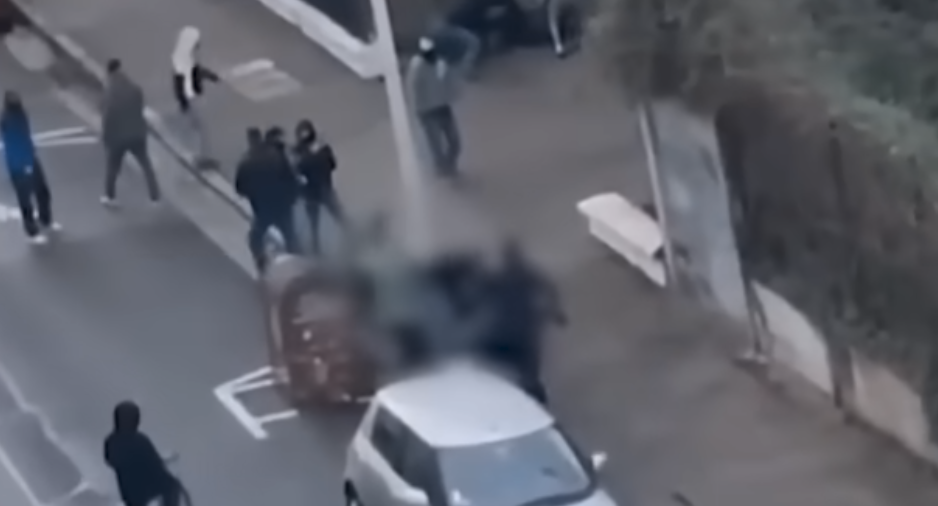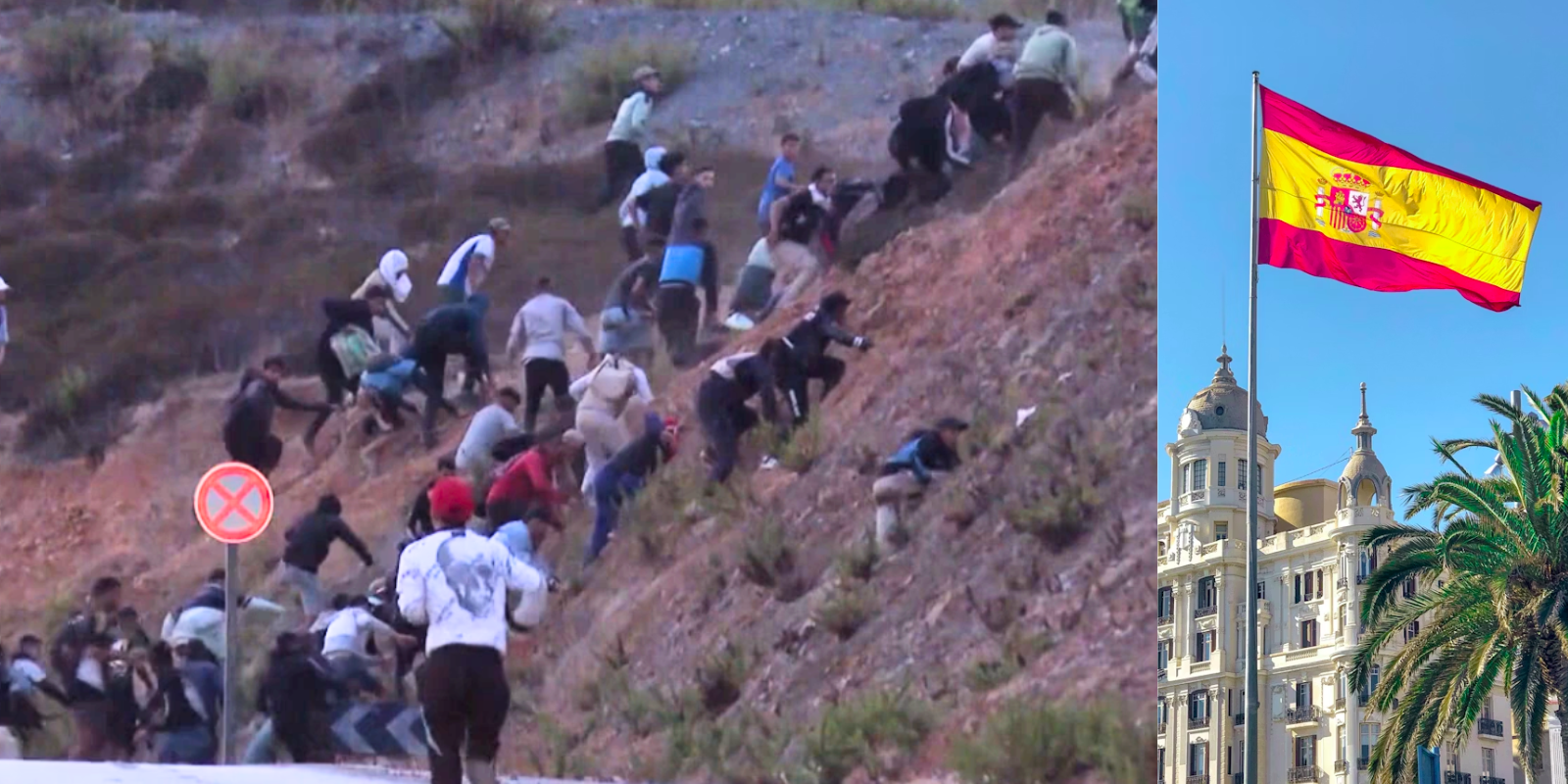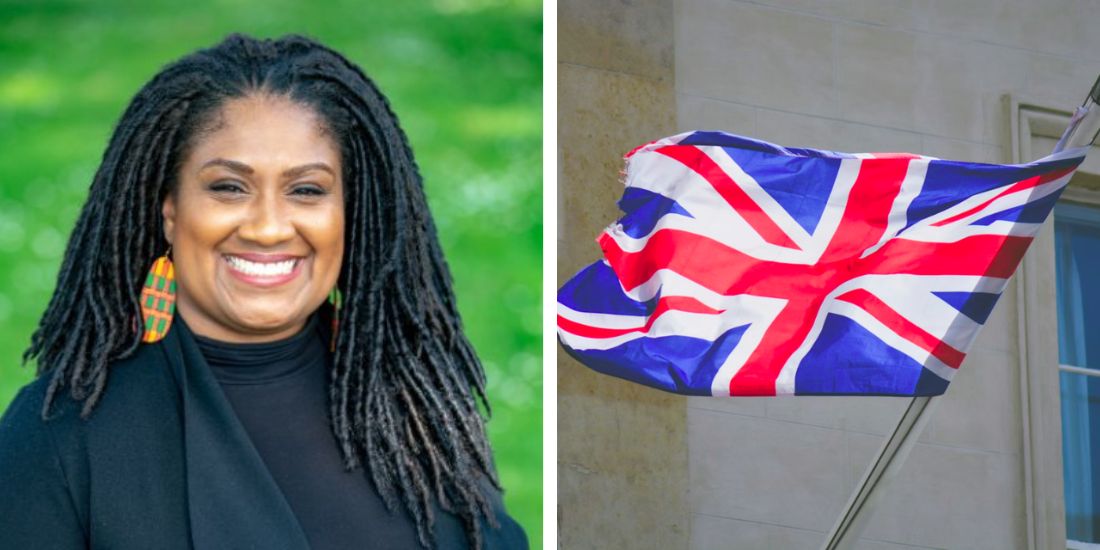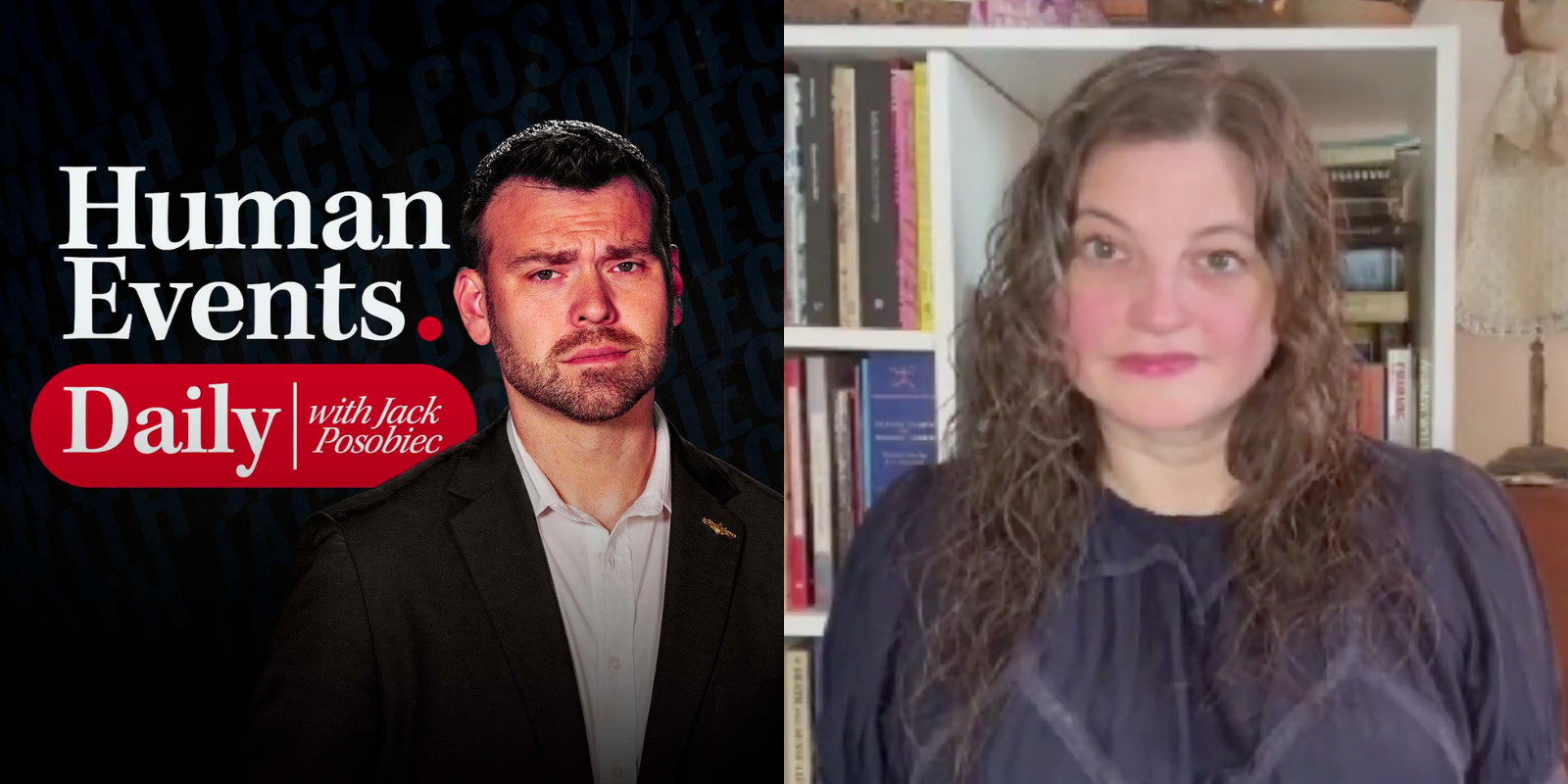Somehow Australia ended up on the front lines of ISIS domestic terrorism, particularly the kind of "lone wolf" individual jihadis the Islamic State has been lately exhorting to violent action. First there was the roundup of a small but vicious gang looking to kidnap random Australians and behead them on video, which went down as the biggest counter-terrorism police operation in the country's history. Now local and federal police have taken down a young jihad enthusiast who was looking to make his name by beheading a cop, as reported at The Age:
Police feared the 18-year-old man shot dead outside the Endeavour Hills police station planned to behead officers and post the images online.
Numan Haider used a small knife to attack an Australian Federal Police officer and a Victorian policeman before he was shot dead with a single shot.
When Mr Haider was searched he was found to be carrying a larger knife and an Islamic State flag.
Police believe the plan was to follow instructions from the international terror group Islamic State and behead the officers, cover the bodies in the flag and then take photos to post via the internet.
He had been the subject of police investigations for the past three months as he had become increasingly radical.
Schoolfriends said he showed no signs of violent behaviour in secondary college.
Police say he was part of a small group of Islamic Melbourne men who have been sharing violent hate messages.
Evidently the Australian authorities deal with radicals suspected of allegiance to international terrorism by canceling their passports. After this was done to Haider, a meeting was arranged at the police station to discuss the matter. ("If we had gone in and dragged him out of his home, we could have looked like stormtroopers," one police official explained.) He showed up with his knives and black flag, called the police after arriving at the station to tell them he was unwilling to come inside, and attacked the two officers who came out to speak with him.
The Australian Broadcasting Corporation offers some more details about Haider, painting a troubling portrait of a young man who seems to have become radicalized fairly quickly:
Haider, whose family arrived in Australia from Afghanistan about 10 years ago, was a conscientious boy until a couple of years ago, when he began associating with people who held radical Islamist views.
Haider's parents grew worried as he began staying out late at night and would not return home for extended periods.
He had been associating with a radical Islamic group called Al-Furqan, though it is understood he had recently moved away from the group.
Based in Springvale, in Melbourne's south-east, associates of Al-Furqan were the targets of terrorism raids by Victoria Police and the Australian Federal Police in 2012.
A close friend of the Haider family, who did not want to be identified, said the family had become increasingly concerned about Haider's behaviour in recent months.
They had encouraged him to seek professional help from a counsellor.
His parents also reportedly thought taking him back to Afghanistan to find a wife would settle him down, but the cancellation of his passport quashed that plan. Everyone who knew him well seems to have realized he was on a path that led nowhere good, but they couldn't talk him out of it. His parents even tried to talk him out of going to the police station on the evening of his death, realizing that he had something ugly in mind.
An editorial from John Silvester at The Age says Australian counter-terrorism police "are more concerned about irrational lone offenders who launch random attacks with little or no planning," rather than spectacular 9/11-style plots:
The organisations to fear are those that are not organised and therefore difficult to identify.
Unlike organised crime investigations you cannot follow a recognised structure to the leaders, build a network of informers or rely on traditional undercover methods.
Most of the home-grown radicals are vulnerable to ideological doggerel because it fills a void in their unsatisfactory lives. They look to place blame and international terror groups can act as a lightning rod for their anger.
Police say they are either recruited by word of mouth or fall in through radical propaganda easily accessible through internet sites and it can be a disturbingly quick process.
A Dandenong trader was shocked recently when he started chatting with an Australian-born Muslim youth too young to grow a traditional beard.
"He said he wanted to burn Australia to the ground, blow up trains and behead taxi drivers."
There are plenty of disaffected young people available for recruiting beyond Australia, as Silvester observes, recounting some of the problems Britain has been facing lately. The Americans who have signed up with ISIS had stories very similar to Haider's; everyone who knew them described them as fairly normal kids leading ordinary lives, until they were suddenly and swiftly radicalized.
Silvester mentions concerns about retaliatory violence for the shooting of Haider, and the advice given to some Australian Defense Force personnel "not to wear their uniforms to and from work and on public transport due to the increased terror risk." It would seem there are quite a few lone wolves out there.
Around the world, too many people have lost their sense of community, even as social media offers new ways for the disaffected to connect with those who will reinforce their sense of alienation, rather than challenging it. We're all familiar with stories about seemingly normal people who did awful things that had nothing to do with international terrorism. It's a race to see whether the good guys can find lone wolves to help - or stop - them, before the bad guys recruit them. Every community that remains intact must contribute to that effort.





